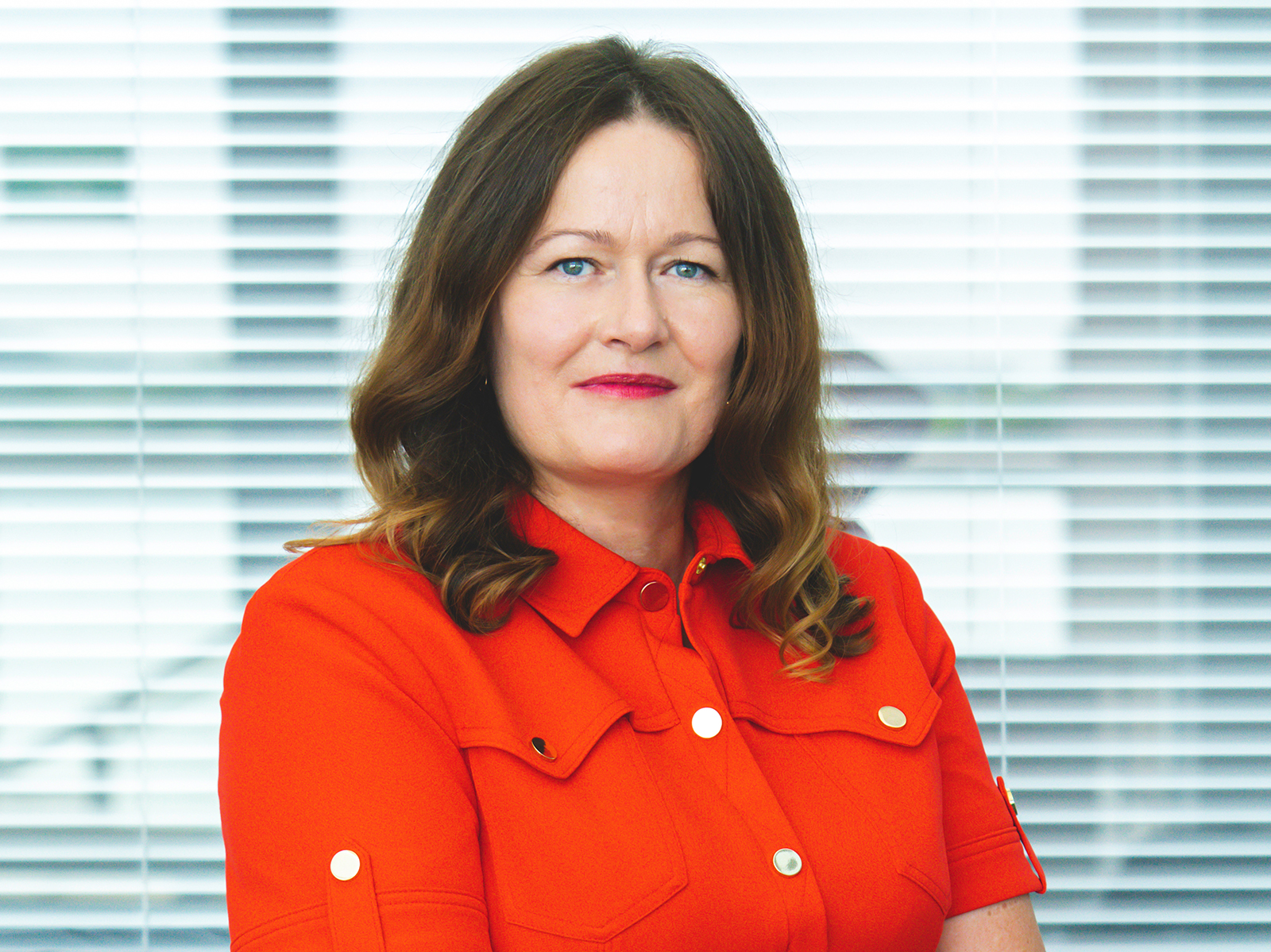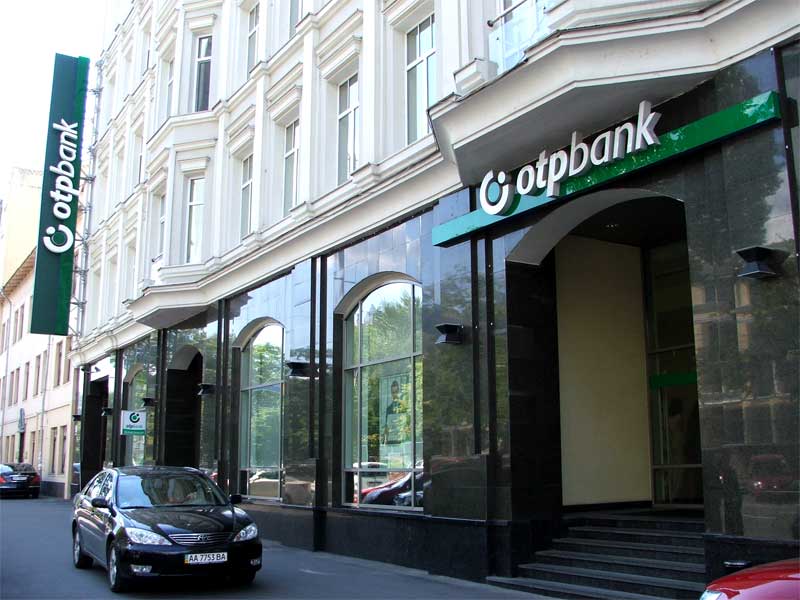Ford Fuelling Growth Through a Winning Product Portfolio

Andrea Laky, managing director of Ford for Hungary and the Czech Republic
Andrea Laky, managing director of Ford for Hungary and the Czech Republic, talks with the Budapest Business Journal about how the U.S. automaker is embracing electrification and diversity to fuel its businesses in the region.
BBJ: How was the 2023 business year in Hungary and the Czech Republic? How did these compare with the region and Europe as a whole?
Andrea Laky: 2023 was an important year in our life as we celebrated 120 years of the Ford Motor Company and the 30th anniversary of Ford’s foundation in the Czech Republic. We are proud that we managed to close a successful year in Hungary and Czech, though the aspects of the success are quite different given the priorities for the two countries. I would highlight that, despite being our smallest organization in Europe, the Czech team is the most efficient in terms of its financial results, while in Hungary, we maintained our leading position in the commercial vehicle segment for the 15th consecutive year. Our share was 25%, meaning every fourth commercial vehicle sold in Hungary was a Ford last year.
BBJ: What plans are there to involve Hungarian or Czech businesses in the global or European value chain? And what is next for Ford in Hungary regarding business developments or new hires?
AL: We will focus on growth in the region in 2024. After the last couple of years, our supply chain is back on track to support our ambition with the necessary production, a prerequisite to expanding the business. On top of this, we will have a busy year in terms of new product launches as well: We will introduce the new Ford Kuga, Puma, Mustang, Bronco and the fully electric Explorer on the passenger vehicle side; in terms of commercial vehicles, we are just launching the new Transit Custom and the new Ranger. The former won the International Van of the Year award, while the latter garnered the Pick-up of the Year award.
Regarding business development in Hungary, we are betting on commercial vehicles and will focus even more on electrification and the related customer experience. Digitization, connectivity, big data, and AI enable us to personalize and take the experience to a new level.
In terms of new hires, our Business Solutions Center is still growing and provides exciting opportunities with more than 650 roles in 35 departments. Ford Central and Eastern Europe Ltd. is an ideal workplace for anyone interested in an automotive career, from strategy development to implementation in operational areas.
BBJ: A new corporate electric car subsidy scheme comes into force in Hungary from Feb. 1. What should we expect from the scheme, and how will Ford participate?
AL: The government is trying to address two critical areas with the new electric vehicle subsidy scheme that are considered the main obstacles to improving the share of EVs in Hungary. On the one hand, it provides good support to improve the charging infrastructure, and on the other hand, it makes EVs more affordable and thus more attractive for business customers. Both actions will support an increase in electric vehicle penetration, currently at 4.8%, one of the lowest in Europe. As a result of the scheme, an EV user can expect more charging stations and, hopefully, more fast chargers, which will help mitigate range anxiety.
We are participating with the electric version of our iconic Ford Mustang, the Ford Mustang Mach-E and later with our new electric Explorer, plus the electric version of Hungary’s favorite commercial vehicle, the Ford E-Transit. We have put in place an extra offering to complement the governmental scheme and convince business customers with an attractive business proposition.
BBJ: How do you view progress on diversification in your markets? What are the percentages of women and ethnic minorities in the workforce and the management?
AL: Diversity is a popular topic that we increasingly hear about, though there is slow movement regarding general results. At Ford, we have been focusing on diversity for quite a while; as a result, the share of female colleagues in Hungary and Czech is much higher than the European average. Overall, the female ratio within our cluster is around 50%, while in the management, it is about 40%, which are exceptional results. This is all about becoming the employer of choice for female talents, where hiring, retention, development, and promotion play critical roles. In terms of other minorities, we have 18 nationalities working within our company, so we are making progress there as well. Ultimately, it is known that diverse organizations deliver better business results, and responsible companies take the necessary steps to materialize this.
BBJ: You have become a role model in what is generally considered to be a male-dominated industry. What does it take for a woman to be a successful leader? What advice would you give to women career starters hoping to reach management level?
AL: I did not have a typical childhood. While most little girls played with their dolls, I was playing with a blue car and taking care of my sister, who was born with a particular syndrome. I had to learn early to assume responsibility for someone and myself. I left home at the age of 14 and started to study water management in a male-dominated high school. I did not know then, but this was my entry ticket to the automotive industry. One friendship I made there guided me to Ford and convinced me to start a career that has now lasted for 30 years.
When discussing successful leaders, I think gender does not really matter; it is the ability to set up and motivate a team to reach specific goals that is key. The difference is how we achieve this and the support we receive on the journey. I advise young career starters to dare to dream, set their goals, and work hard for them. Do not let failure stand in the way; believe in yourself, and go for it. If you do not trust yourself, who will?
BBJ: Since you are a woman, a driver, and work in automotive, where do you stand on the better driver debate? Is one gender better than the other? Or do men and women have different strengths and weaknesses behind the wheel?
AL: Both genders have their strengths and, based on my experience, women are weaker in the routine but more careful, so, in the end, they have fewer accidents, according to statistics. So, stereotypes regarding female drivers should be reconsidered.
This article was first published in the Budapest Business Journal print issue of February 9, 2024.
SUPPORT THE BUDAPEST BUSINESS JOURNAL
Producing journalism that is worthy of the name is a costly business. For 27 years, the publishers, editors and reporters of the Budapest Business Journal have striven to bring you business news that works, information that you can trust, that is factual, accurate and presented without fear or favor.
Newspaper organizations across the globe have struggled to find a business model that allows them to continue to excel, without compromising their ability to perform. Most recently, some have experimented with the idea of involving their most important stakeholders, their readers.
We would like to offer that same opportunity to our readers. We would like to invite you to help us deliver the quality business journalism you require. Hit our Support the BBJ button and you can choose the how much and how often you send us your contributions.









